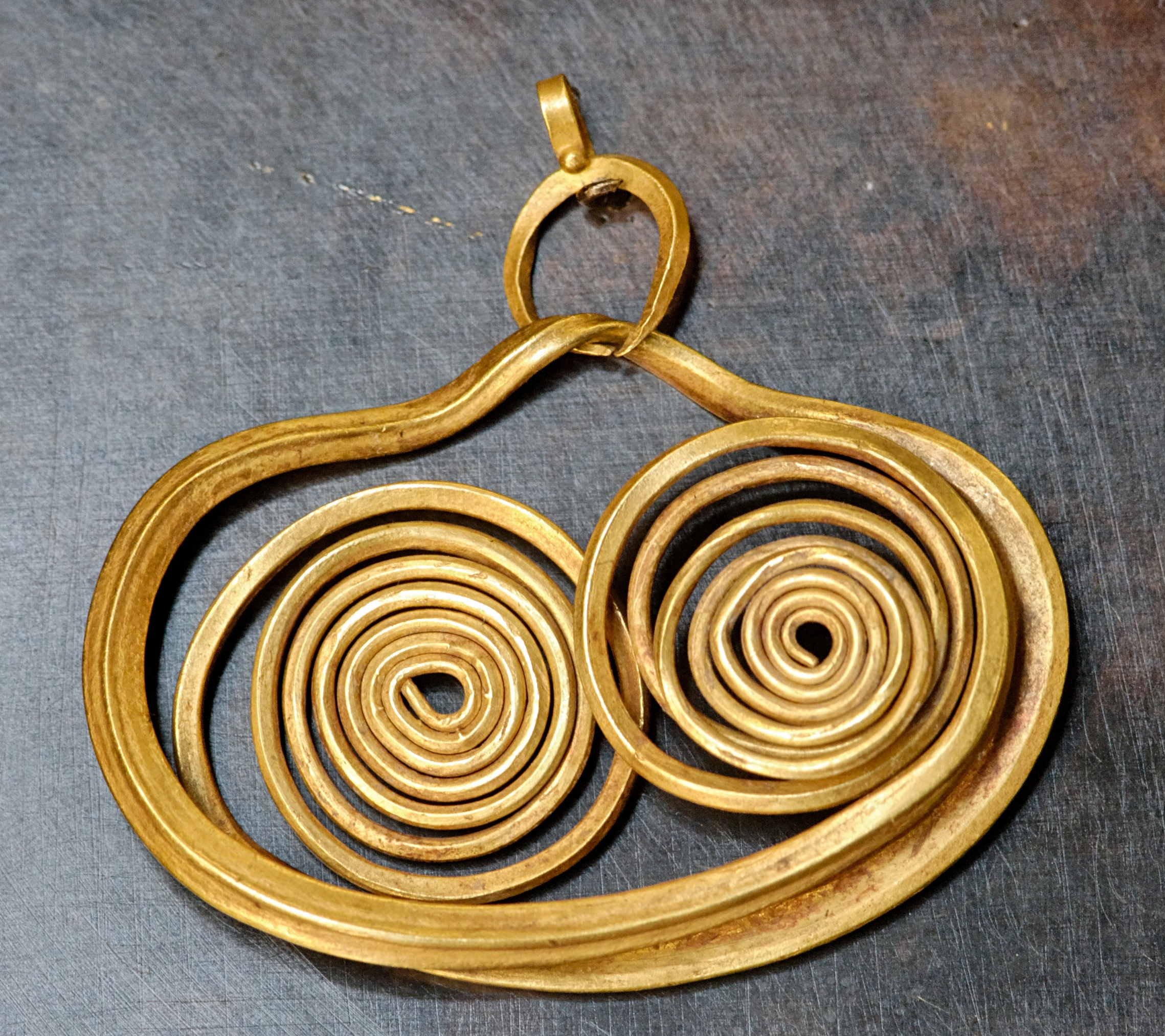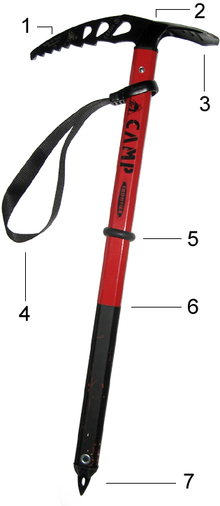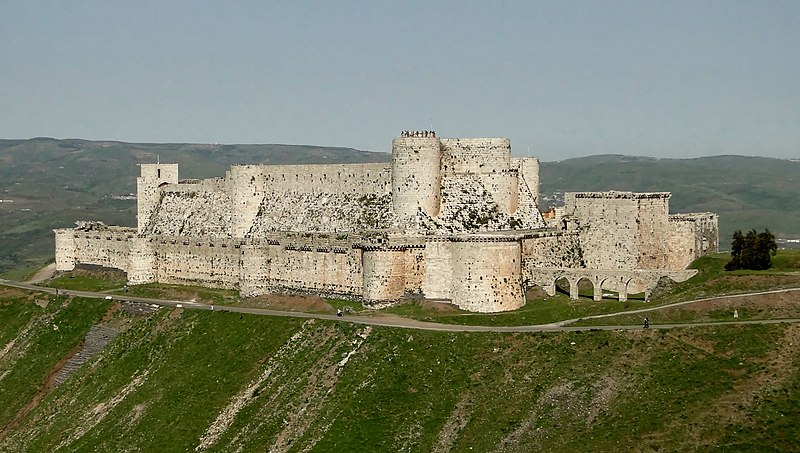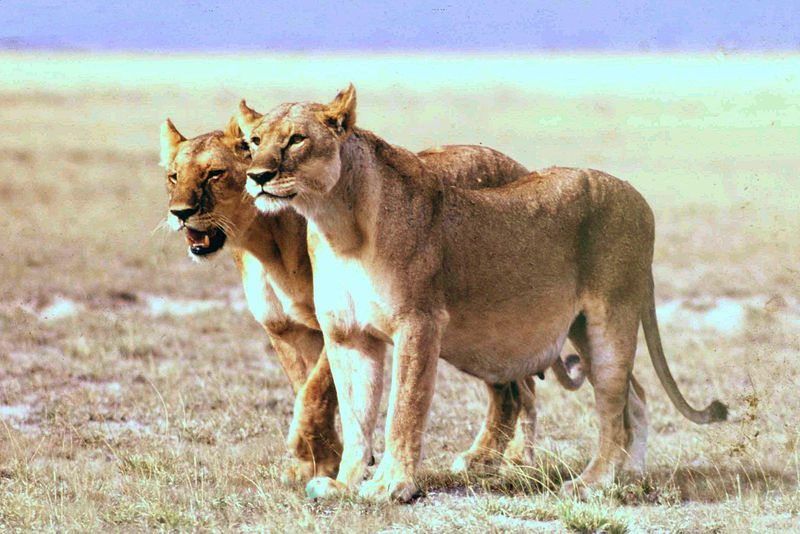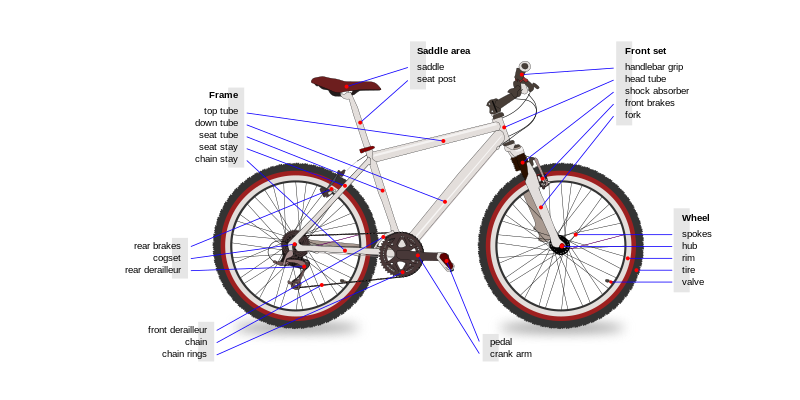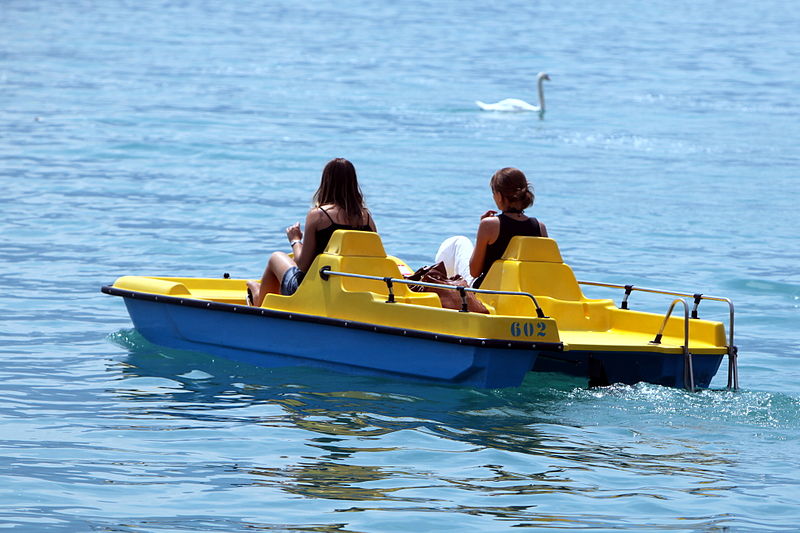There're aren't many things that can only be seen in the dark, but constellations are one of them.
Constellations are also examples of things you can see which doesn't actually exist - by which I don't mean that they're just lights twinkling in the celestial sphere which encloses the Earth (because that really doesn't exist) but that a constellation exists as a group of stars only if you view it from Earth: most of the stars in a constellation won't be connected in any other way.
The constellations people tend to know best by name are the signs of the zodiac, but if you live in the North or South of the world then they'll not always be very easy to see.
The Great Bear (or Ursa Major, The Big Dipper, The Plough, Charles's Wain, or The Saucepan) is an obvious constellation in the Northern Hemisphere, as is The Southern Cross in the South. Orion, with his shining belt, can be seen all over the world at various times of the year.
If you're looking for something less obvious, then those in the South can look for a Phoenix:

(yes, you have to use your imagination)
and those in the North could look for the Canes Venatice, the hunting dogs (which are owned by the endearingly-named herdsman Boötes):

Illustration by Johannes Hevelius
And those of us who are afraid of the dark can spot the other kind of cluster of stars by watching any film starring at least half a dozen people you've already seen in other films.

Count them up before you watch!
Spot the Frippet: constellation. Con- is Latin for together, and stella means star.




